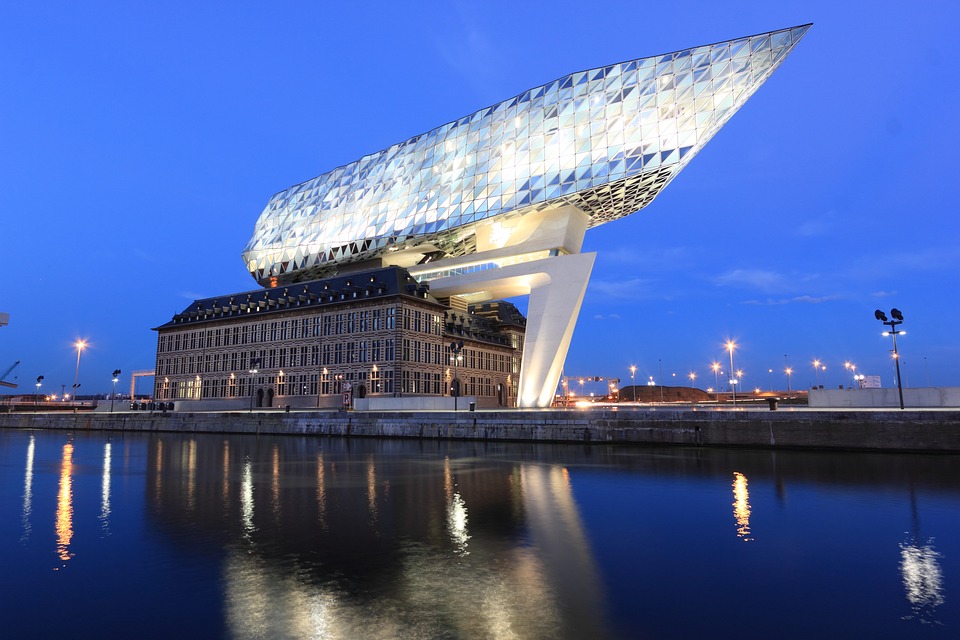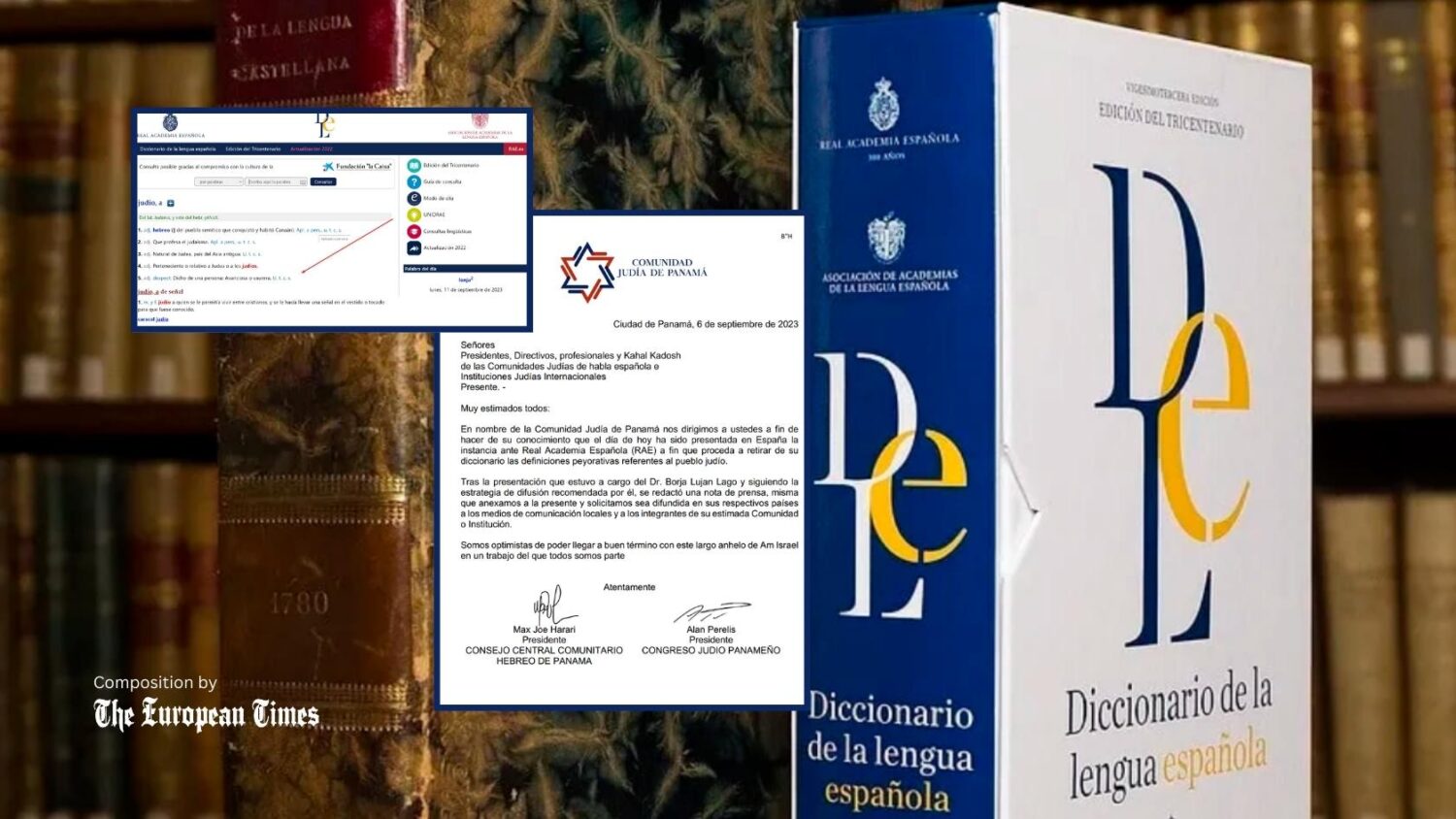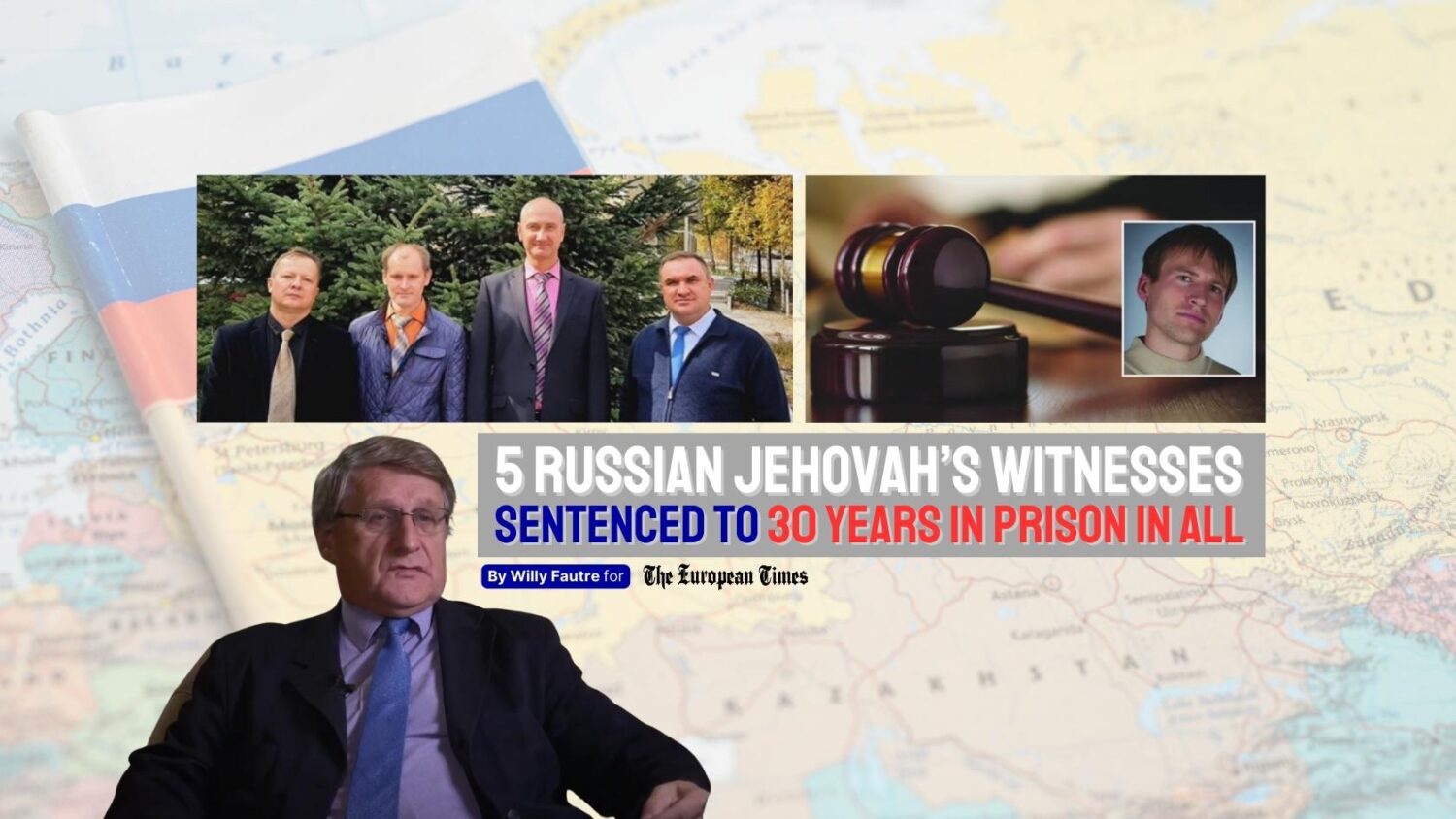“Human rights in Afghanistan are in a state of collapse,” he told the Human Rights Council, before sounding the alarm over ongoing reports of extrajudicial killings, torture and ill-treatment and arbitrary arrests and detentions, as well as serious violations against former Government officials, as documented in a new human rights office (OHCHR) report.
“Compounding all of this is a deeply troubling lack of accountability for perpetrators of human rights violations,” he said.
Women cancelled out
Highlighting the “devastating precedent” set by Afghanistan as the only country in the world where women and girls are denied access to secondary and higher education. Mr. Türk underscored the “long list of misogynistic restrictions” confining the country’s women “to the four walls of their homes”, before asking: “What can possibly come next?”
The High Commissioner insisted that any prospect of a stable, prosperous Afghanistan rests on the participation of men and women.
“Denying women and girls’ rights to participate in daily and public life not only denies them their human rights, it denies Afghanistan the benefit of the contributions they have to offer,” he said.
Constitution on hold
Mr. Türk said that the suspension of the Afghan constitution and of laws protecting women from violence or guaranteeing media freedom, as well as the dissolution of the country’s Independent Human Rights Commission, were elements of the “systematic erosion of the institutions that once provided some protection for human rights”.
The High Commissioner called on the de facto authorities to “change course” and bring Afghanistan back to the international fold with full respect for its international human rights obligations.
He insisted that the UN Assistance Mission in Afghanistan (UNAMA) will continue to monitor and report on the situation, as well as “raise individual cases and urge compliance with international law by the de facto authorities” to the greatest extent possible.
Mr. Türk paid tribute to the work of his human rights colleagues on the ground, especially Afghan female staff.
He also exhorted the international community not to “turn its back on Afghanistan” at a time when rights were being eroded and two-thirds of the population were in need of aid, while humanitarian operations were hindered by the ban on women working for the UN and NGOs.
‘Feeling betrayed’
Mr. Türk’s comments came a day after the Special Rapporteur on Afghanistan, Richard Bennett, delivered a sombre update to the Council.
Many Afghans living abroad “say they feel ‘betrayed’ by the international community”, the Special Rapporteur explained. They are calling for concrete action and some have even started a hunger strike “calling for recognition of gender apartheid”.
In June, Mr. Bennett had said that since systematic and institutionalised discrimination against women and girls was at the heart of Taliban ideology and rule, Afghanistan’s de facto authorities “may be responsible for gender apartheid” which, although “not yet an explicit international crime”, required “further study”.
Repression of minorities
Mr. Bennett also briefed the Council on Monday on the “collapse of civic space” and “absence of rule of law” since the Taliban takeover, the long-term impacts on children’s development and mental health, and the repression and lack of representation of minorities such as Tajiks, Hazaras, Uzbeks and Turkmen.
“I’m concerned about the effect [that the] strong sense of discrimination and exclusion held by large parts of the population may have on the stability of Afghanistan,” he said.
Special Rapporteurs are not UN staff and are independent from any government or organisation. They serve in their individual capacity and receive no salary for their work.














